BEWARE OF EMPLOYEE WAIVER TACTIC
As organized labor leaders negotiate new contracts, they should be wary of an emboldened employer tactic seeking waivers of employee participation in class actions against the employer. Here’s a prime example of how elections have consequences, which many members likely never considered how policy changes in Washington can affect their and their families’ lives. With the election of Donald Trump, the National Relations Board has done a 180 degree turn in construing labor policy now upsetting precedent which protected workers. Secondly, the composition of the US Supreme Court makes the odds favorable for no longer banning this employer practice. But collective bargaining agreements need not agree to take away the rights of the unit members to participate in these class action lawsuits. A prevalent use of this litigation is over wage and hour disputes, as one example.
The United States Department of Justice announced last week it will switch over its support in the upcoming Supreme Court case, NLRB v. Murphy Oil, from the National Labor Relations Board to Murphy Oil. The issue, set for the 2017 October Court’s term, is whether arbitration agreements with individual employees that ban employees from pursuing employment claims on a class or collective basis (class action waivers) violate the NLRA. Under President Obama, the DOJ wrote an amicus brief (friend of the court brief) in support of the NLRB, which had ruled that such arbitration agreements did indeed violate the NLRA. But, as the DOJ states in its re-filed brief, “after the change in administration, the office reconsidered the issue and has reached the opposite conclusion.” The DOJ now argues that “nothing in the NLRA’s legislative history indicates that Congress intended to bar enforcement of arbitration agreements like those at issue here.” (Thanks to Vivian Dong)
